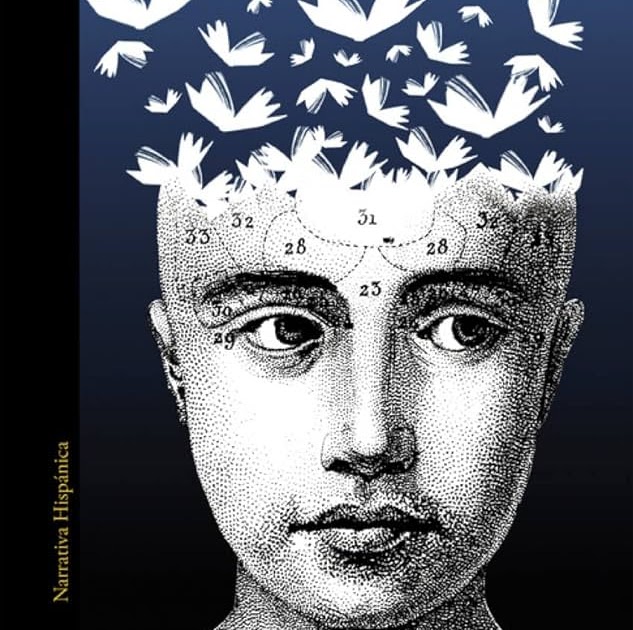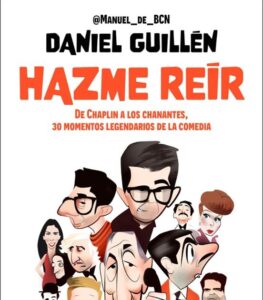
Original language: español
Year of publication: 2007
Valuation: recommended (highly recommended for those interested)
It’s time to prepare dinner and you want to surprise your partner. Doubts whether to cook chicken or fish. You decide on fish. Your partner finds it delicious and you receive your reward that night. The next day, you’re in the mood for action, so, taking into account the previous night’s success, you prepare fish again. Your sweetheart is nauseated by the pure smell of the stew. You get out of touch while you have to resort to the Internet that night. What was your mistake? You took into account only the immediately preceding results to guide your decisions. From that day on, you decide to ask your partner about their activities for the day, check the weather, the political situation in the country, etc., and taking that information into account, you determine the content of the dinner that will suit your partner best, and to put her in the mood for the marriage bed (if people still get married). A great success. You decided to create a model of your gastronomic relationship with your partner.
Our lives would be so much easier if we could create models for all possible situations in our lives, but due to our status as mere mortals, we have limited time and opportunities to do so. What are we left with then? Pretend we live them. Believe that we live them. Create a hypothetical scenario for likely situations. What would happen if I read a lot of books on chivalry? What would happen if I killed an old loan shark to cover my expenses? What would happen if I traveled back in time and met my own mother inside a car? What we have left is to create fictions.
The above is a plausible answer from a neuroscientist to the question: What is the purpose of reading (or writing) novels? In “Reading the Mind,” Jorge Volpi plays that role.
Volpi is known for exploring various topics: artistic, historical, scientific, etc., taking the time necessary to thoroughly research himself. If we considered the variety of the themes in his books, we could say that he is a kind of scholar, that rare species of remote eras. Although in this case, the characteristic of Volpi that makes this book a success is his prudence. Volpi avoids getting into topics that are beyond his knowledge or that are irrelevant to understanding the plot, because yes, even if he doesn’t seem like it, this is still largely a narrative.
“Reading the mind” is the result of Volpi’s reflections on how our brain is capable of creating that trait that opens a huge gap between the human being and all the other creations of the lord: fiction. That capacity that we have A wise man to predict the future (well, a hypothetical future, hehe). Volpi tells us about all the juggling that the brain does to get us out of that paradise that only animals inhabit, the eternal present, to bring us to this world where we have to worry about things like What would happen if Hitler had won World War II?
This book is a very good entry into the field of neuroscience, even better if you are interested in literature and are a bit nihilistic: what we call reality is nothing more than a representation of the world produced by the activity of our brain, that gelatinous mass. that tastes delicious in a few small cubes.
Source: https://unlibroaldia.blogspot.com/2024/04/jorge-volpi-leer-la-mente.html


